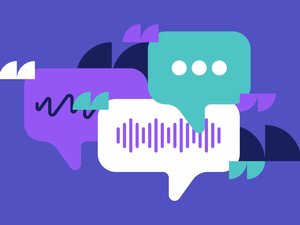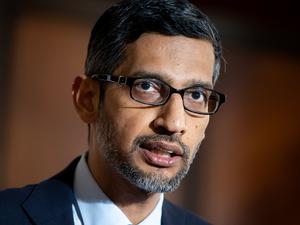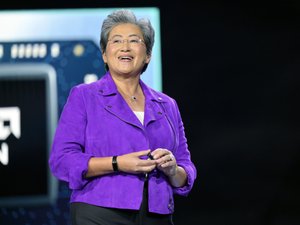
The speed at which artificial intelligence and programs and platforms based on large language models, like OpenAI LLC's ChatGPT chatbot or Google LLC's Bard, have entered the workplace over the past eight months has been nothing short of astounding.
But according to Prof. Ethan Mollick, a management professor at the Wharton School of the University of Pennsylvania, the inconsistent rules of the workplace have created a class of employees — "secret cyborgs" as he called them in a blog post published Sunday — who use AI to do their jobs, but don't tell their managers or colleagues.
"AI makes terrible software. It is inconsistent and prone to error, and generally doesn’t behave in the way that IT is supposed to behave," Mollick wrote. "So, right now, AI doesn’t scale well. But, as a personal productivity tool, when operated by someone in their area of expertise, it is pretty amazing."
Due to corporate America's overall privacy and security fears, Mollick wrote that most if not all workers using AI to make their jobs easier, are keeping that knowledge to themselves for fear they may be in violation of newly created workplace policies.
What makes matters more complicated, is that while corporations struggle to protect their assets from the potential dangers of AI — lack of transparency due to the complicated algorithms used to generate results, episodes bias and discrimination, ethical dilemmas, just to name a few — companies are also looking to hire potential workers with AI knowledge and some experience.
Even companies that have spearheaded the charge into the mass commercialization of AI have taken cautionary steps. Mountain View-based Google warned employees against entering confidential material into chatbots such as its own Bard or using software code generated by them. In an updated privacy notice, Google warned Bard users: "Don’t include confidential or sensitive information in your Bard conversations."
Meanwhile, in a survey completed in April by ResumeBuilder.com LLC, nine out of 10 U.S. employers admitted to looking for employees with AI experience.
"ResumeBuilder.com surveyed 1,187 business leaders and found 92% are currently hiring and of those who are currently hiring, 91% want workers with ChatGPT experience," the survey reported. Of that number, 29% are actively recruiting "prompt engineers" people who either tailor prompts for chatbots or are creating the content to train and test an AI platform.
Meanwhile 66% of the leaders surveyed said "hiring workers with ChatGPT experience will give the company a competitive edge." When it was introduced last November, ChatGPT disrupted how business and culture viewed artificial intelligence as it, Bard and other applications started to inform everything from hiring, firing, and work performance, to research, writing and project management and production.
Mollick believes corporations should embrace as opposed to creating a class of loyal, successful employees using AI to become more productive, but living in fear of being fired for violating a workplace policy.
Right now, employees are using their personal mobile phones to access AI tools. “While data is hard to come by," Mollick wrote. "I have already met many people at companies where AI is banned who are using this workaround—and those are just the ones willing to admit it."
Mollick wrote that fear of breaking rules is just one reason the "secret cyborgs" keep mum on their activities. AI is a great productivity tool, but if not used correctly, it can and has created content and code that is highly questionable, leading many people to mistrust or look down on anything AI created.
"We know from research, that when people learn they are receiving AI-created content, they judge it differently than if they assume it comes from a human," Mollick wrote.
And finally, workers using AI to become more efficient are concerned that they will AI themselves out of a job. "If someone has figured out how to automate 90% of a particular job, and they tell their boss, will the company fire 90% of their co-workers?" Mollick asked. "Better to keep usage secret and avoid any risk."
Mollick may have a point. In the ResumeBuilder.com poll, "75% of business leaders hiring prompt engineers say doing so will likely lead to other jobs being eliminated."








